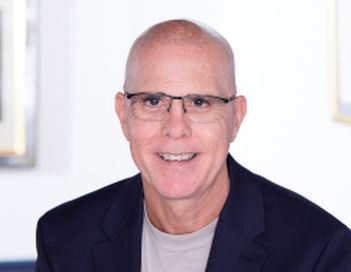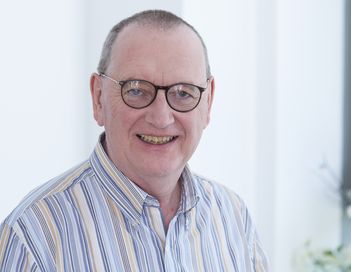
Your stories
Welcome to a space for the real voices of people living with bipolar and their family and friends. Here you’ll find personal experiences of diagnosis, stigma and the challenges of bipolar alongside uplifting accounts of resilience and recovery. Every story is a reminder that no one is alone.
Please note: People may share personal views about living with bipolar that you might not agree with and that do not represent the opinions of Bipolar UK. Every experience is unique, and we aim to provide space for all voices.









